According to information from the Department of Economic Cooperation and Rural Development (Department of Agriculture and Environment), up to now, the whole province has 444 OCOP products that have been awarded stars; including 1 5-star product (Luc Ngan litchi), 21 4-star products and 422 3-star products. Of these, food products account for the majority with 360 products. It is expected that by the end of 2025, the whole province will have about 500 OCOP products with 3 stars or more. Localities with many OCOP products are Bac Giang city, Chu town, Tan Yen, Yen The and Hiep Hoa districts.
Luc Ngan lychee products achieving 5-star OCOP are displayed at Co.opmart Bac Giang Supermarket. |
Bac Giang's OCOP products are basically products with strengths and specialties of the localities, some products are recognized as key products, potential characteristics of the province; products of traditional craft villages. Each product has clear evidence of quality and origin. Many products apply advanced and quality production processes; there is attention and investment in traceability activities; quality declaration records; product stories...
Notably, in addition to paying attention to choosing to use clean, safe, quality raw materials, designing beautiful, synchronous, modern product packaging and labels, many entities have focused on implementing environmental criteria. Specifically: Investing in building a standard waste treatment system, not using fertilizers or chemical pesticides for raw material areas; using environmentally friendly product packaging, etc.
Mr. Pham Van Dung, Director of Hong Xuan Agricultural Production and General Service Cooperative (Chu town), the owner of 5-star lychee products, said that identifying the environment as one of the important criteria for developing sustainable OCOP products, along with focusing on improving product quality and production processes, the Cooperative chose to use organic fertilizers and biological pesticides for lychee trees, using packaging such as easily degradable paper boxes and reusable boxes, limiting waste to the environment. At the same time, it is interested in improving the growing area, preventing soil degradation and water pollution. Thanks to that, the quality of lychee is increasingly guaranteed, with a wide consumer market, meeting the requirements of demanding markets such as the US, EU, Japan, Australia, etc. At the end of May, the Cooperative signed a contract with the Co.opmart supermarket system, bringing lychee to 800 points of sale nationwide.
Luc Ngan litchi with 5-star OCOP is packaged in environmentally friendly paper boxes. |
However, there are still many OCOP entities in the province that have not paid attention to environmental protection in the production and trading of products. The reason is that the capital, technical and awareness capacity of some entities is limited, production is based on experience, and there is a lack of factory space to organize centralized production. On the other hand, because the regulations on environmental criteria in the OCOP scoring criteria are still general and not specific (this criterion only accounts for 6 points in the 100-point scale of the criteria set), products with 4 stars or higher are required to have environmental records and procedures according to legal regulations...
One of the specific goals identified by the Government in the One Commune One Product Program by 2025 is: “At least 30% of OCOP entities will build a value chain in the direction of a circular economy , green OCOP associated with stable raw material areas; in which priority will be given to OCOP products that have been evaluated and classified”.
In order to protect the environment from being forgotten in the "OCOP star" race, on January 20, 2025, the Ministry of Natural Resources and Environment (now the Ministry of Agriculture and Environment) issued a document guiding units and localities to implement this content in the assessment and recognition of OCOP products (for 5 product groups: Food, beverages, medicinal herbs and medicinal products, handicrafts, ornamental plants) in a more specific and detailed manner. For example, in addition to having environmental records and procedures (such as impact assessment reports; commitments, plans or environmental protection projects approved by competent authorities...), establishments must install and operate wastewater and emission treatment systems according to regulations. For production, business and service establishments of household, individual, cooperative scale..., there must be appropriate on-site wastewater and emission treatment facilities and equipment; have a proven track record of using environmentally friendly packaging…
Mr. Vu Van Tuong, Deputy Director of the Department of Agriculture and Environment of the province, informed that in order to develop green OCOP in the province, the Department has directed the specialized department to coordinate with relevant units and localities to promote propaganda and disseminate documents guiding the implementation of environmental protection criteria; strengthen inspection and guidance work so that this criterion is seriously implemented by OCOP subjects.
Faced with the complicated problem of counterfeit and poor quality goods, consumers in Bac Giang province in particular and the whole country in general are increasingly concerned about the origin and quality of products, accordingly, OCOP products are increasingly chosen by many consumers. The factors of "green", sustainability and environmental friendliness are also becoming new standards for agricultural products. Therefore, OCOP should not only be a program to create delicious - beautiful - eye-catching packaging products but also a program of production ethics, of responsibility to nature and the community. Each OCOP product needs to reflect not only local flavors but also efforts to preserve the environment where it is produced.
To develop OCOP sustainably in the province, environmental protection must become the "6th star" in addition to the existing 5 stars in the evaluation system. Therefore, the professional sector needs to continue to propose adding clear environmental criteria in OCOP scoring. For example, having a wastewater treatment system, using biodegradable packaging, recording organic or low-chemical production processes, etc. At the same time, strengthen training on clean production techniques for households and OCOP cooperatives, guide how to use resources economically, process without causing pollution, reuse agricultural by-products. At the same time, pay attention to and implement preferential credit packages for OCOP production facilities that invest in waste treatment, energy saving or circular development.
Article and photos: Tuan Duong
Source: https://baobacgiang.vn/chu-trong-phat-trien-ocop-xanh-postid419369.bbg


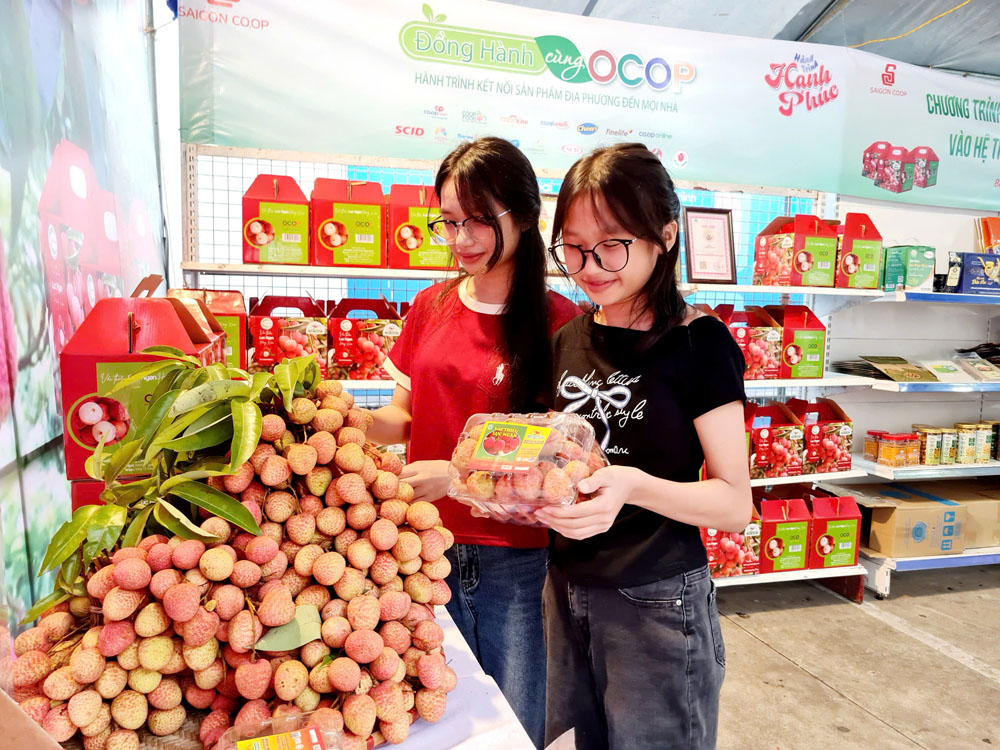
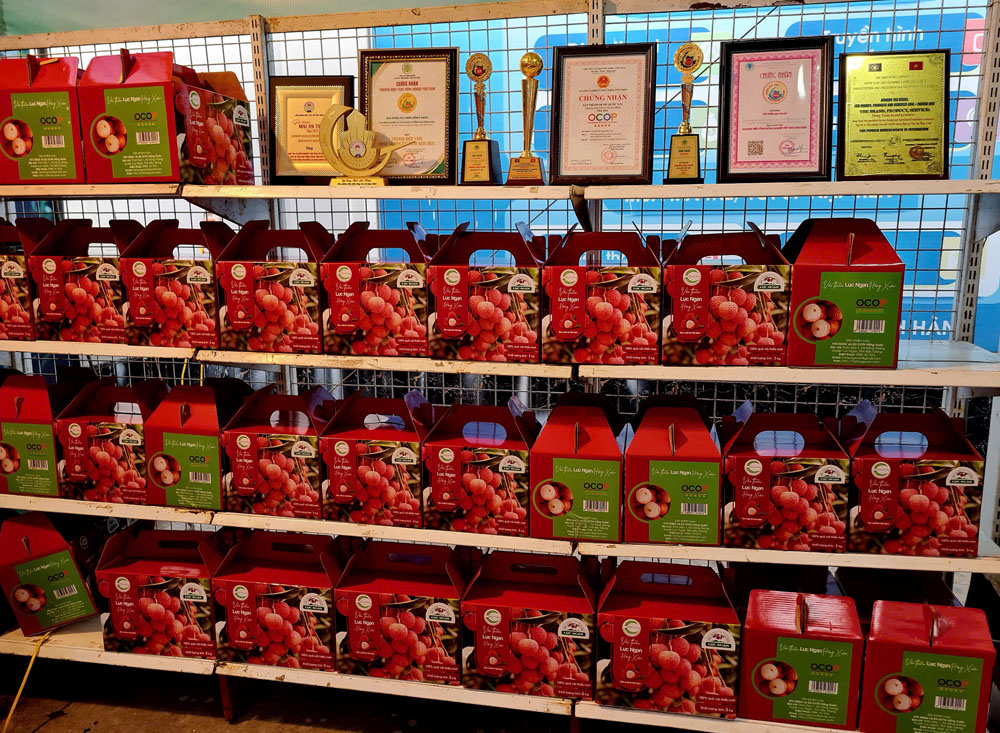
![[Photo] Prime Minister Pham Minh Chinh chairs a meeting of the Government Standing Committee to remove obstacles for projects.](https://vphoto.vietnam.vn/thumb/1200x675/vietnam/resource/IMAGE/2025/10/06/1759768638313_dsc-9023-jpg.webp)



![[Photo] Prime Minister Pham Minh Chinh chaired a meeting of the Steering Committee on the arrangement of public service units under ministries, branches and localities.](https://vphoto.vietnam.vn/thumb/1200x675/vietnam/resource/IMAGE/2025/10/06/1759767137532_dsc-8743-jpg.webp)

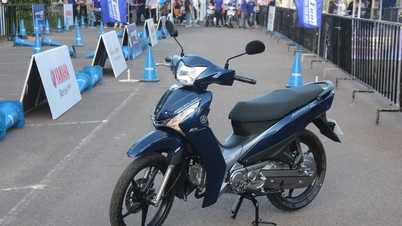





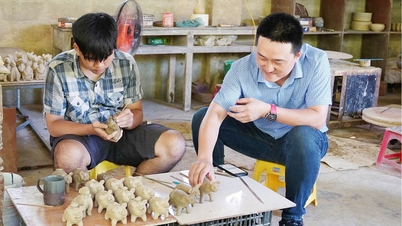


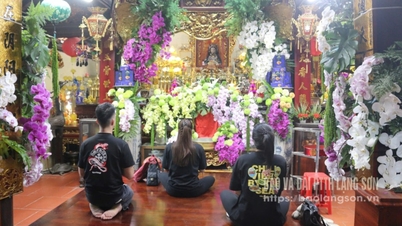





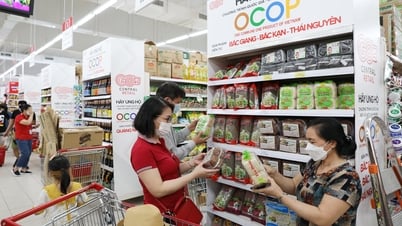
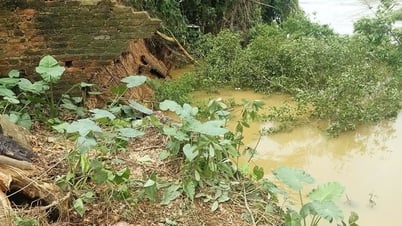
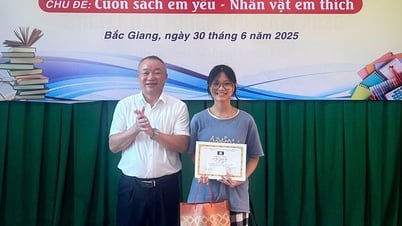





















































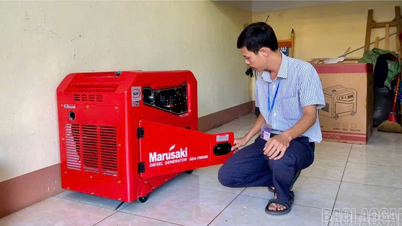















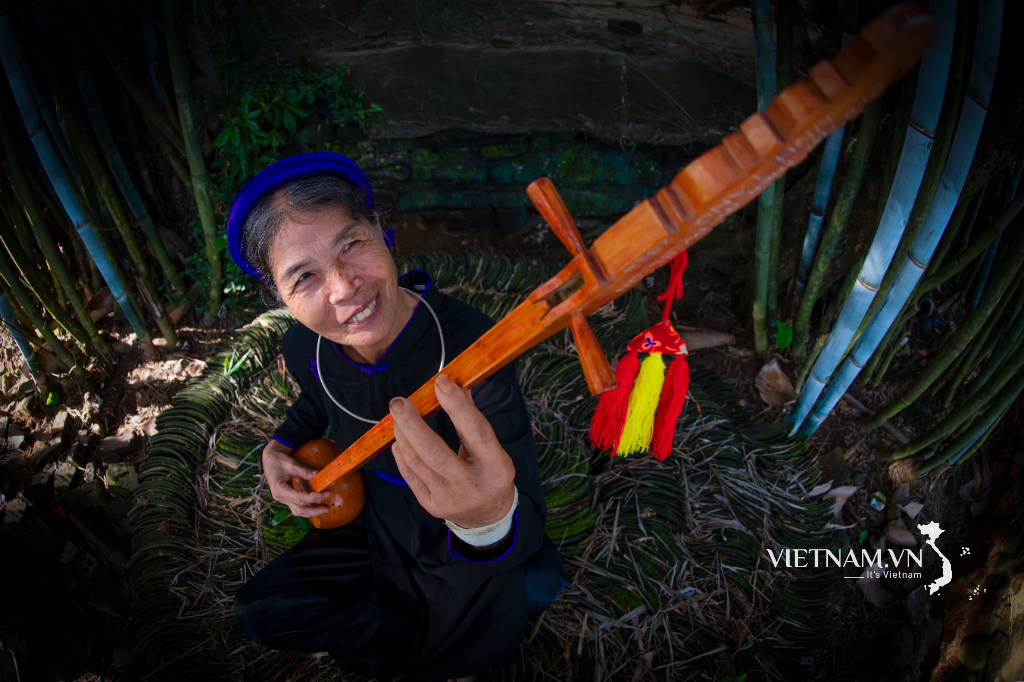
Comment (0)